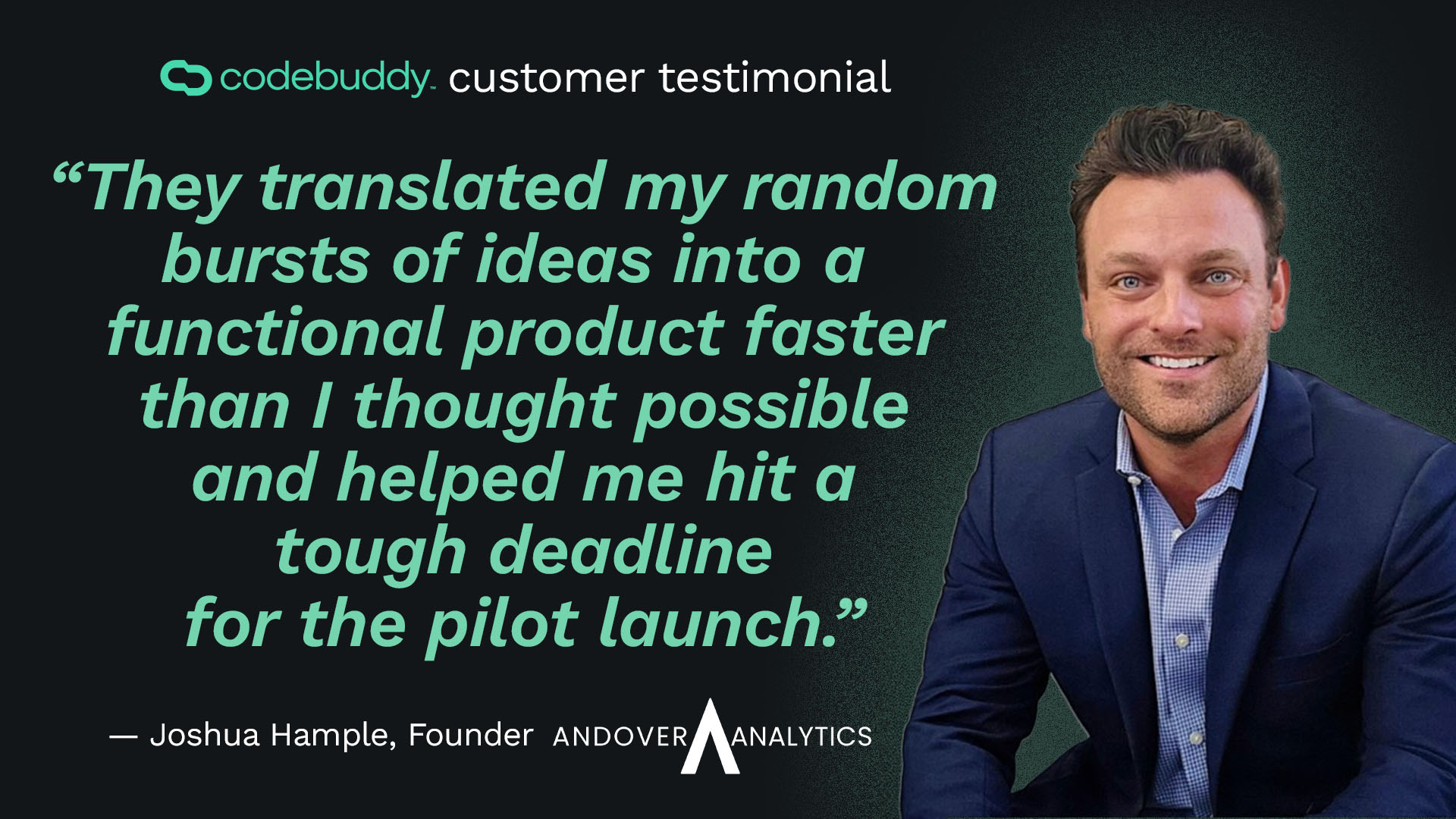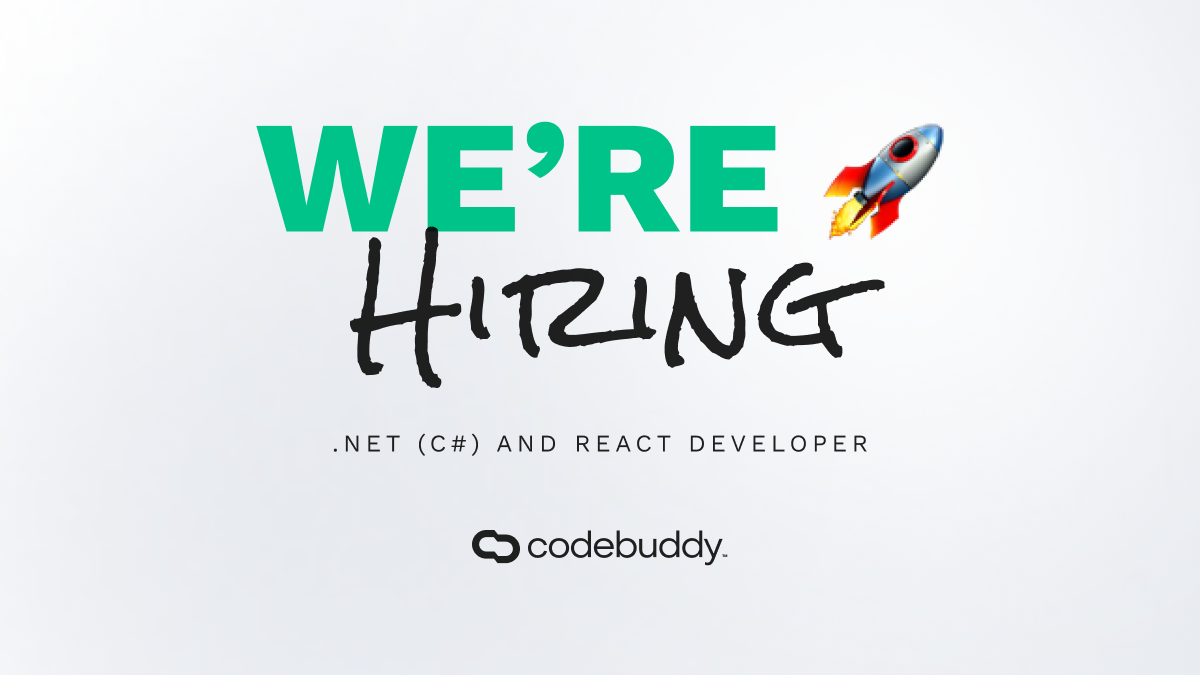
Many non-technical startup founders share stories of frustration: projects ballooning 200% over budget, deadlines slipping by months or even years, and the constant feeling of being in the dark about the technical aspects of their own product. The root cause? A lack of understanding of what's happening "under the hood." This knowledge gap can make you vulnerable to being overcharged and under-delivered by development teams.
Take Control: Become Technical or Partner Wisely
To avoid being vulnerable, you have two main strategies:
- Become Technically Proficient: In a recent podcast (linked below), CodeBuddy co-founder, Devon Seacrest shared his journey from being a non-technical to technical startup founder. He spoke about the empowerment that comes from understanding the basics of software development. Today, you have access to countless resources: coding boot camps, online courses, and platforms like CodeBuddy. Even dedicating a few hours a week to learning can make a significant difference.
- Find a Reliable Technical Partner: If coding isn’t your thing, finding a trustworthy technical co-founder is crucial. This person should have a vested interest in the success of your company. However, be aware of the risks – co-founders can leave, and their departure can feel like a major setback. Having a basic understanding of the technical aspects helps mitigate this dependency and keeps you in control.
Build Smart, Not Big
A common pitfall is overbuilding your Minimum Viable Product (MVP). Some startups spend exorbitant amounts on their MVPs, which contradicts the very idea of "minimum." Focus on building a truly minimal product that costs less and can be developed quickly. The goal is to test core functionalities and adjust based on feedback.
Leverage New Tools and Resources
The tech landscape is full of tools designed to bridge the gap for non-technical founders. AI tools like ChatGPT can help you understand complex concepts and even guide you through basic development tasks. Additionally, low-code and no-code platforms enable you to build functional prototypes without deep technical knowledge.
Tips to Avoid Being Taken Advantage Of
Here are some proactive steps to ensure you remain in control and avoid exploitation:
- Stay Informed: Continuously educate yourself about the basics of software development. This will help you ask the right questions and make informed decisions.
- Adopt Iterative Development: Work on your product in small, manageable chunks. This approach allows you to test, gather feedback, and make necessary adjustments without overcommitting resources.
- Engage Actively: Even if you're not coding, be involved with your development team. Regular check-ins, honest conversations, and a clear understanding of progress can prevent misunderstandings and mismanagement.
- Seek Multiple Opinions: If you're unsure about a development decision or cost estimate, don't hesitate to get a second or even third opinion. This can provide clarity and prevent you from being overcharged.
By becoming more informed and proactive, you can significantly reduce the risk of draining any and all founding that you’ve secure and being taken advantage of. This approach not only saves considerable time and money but also enables you to control your startup's trajectory.
Listen to more on the topic on the Dev Different Podcast



